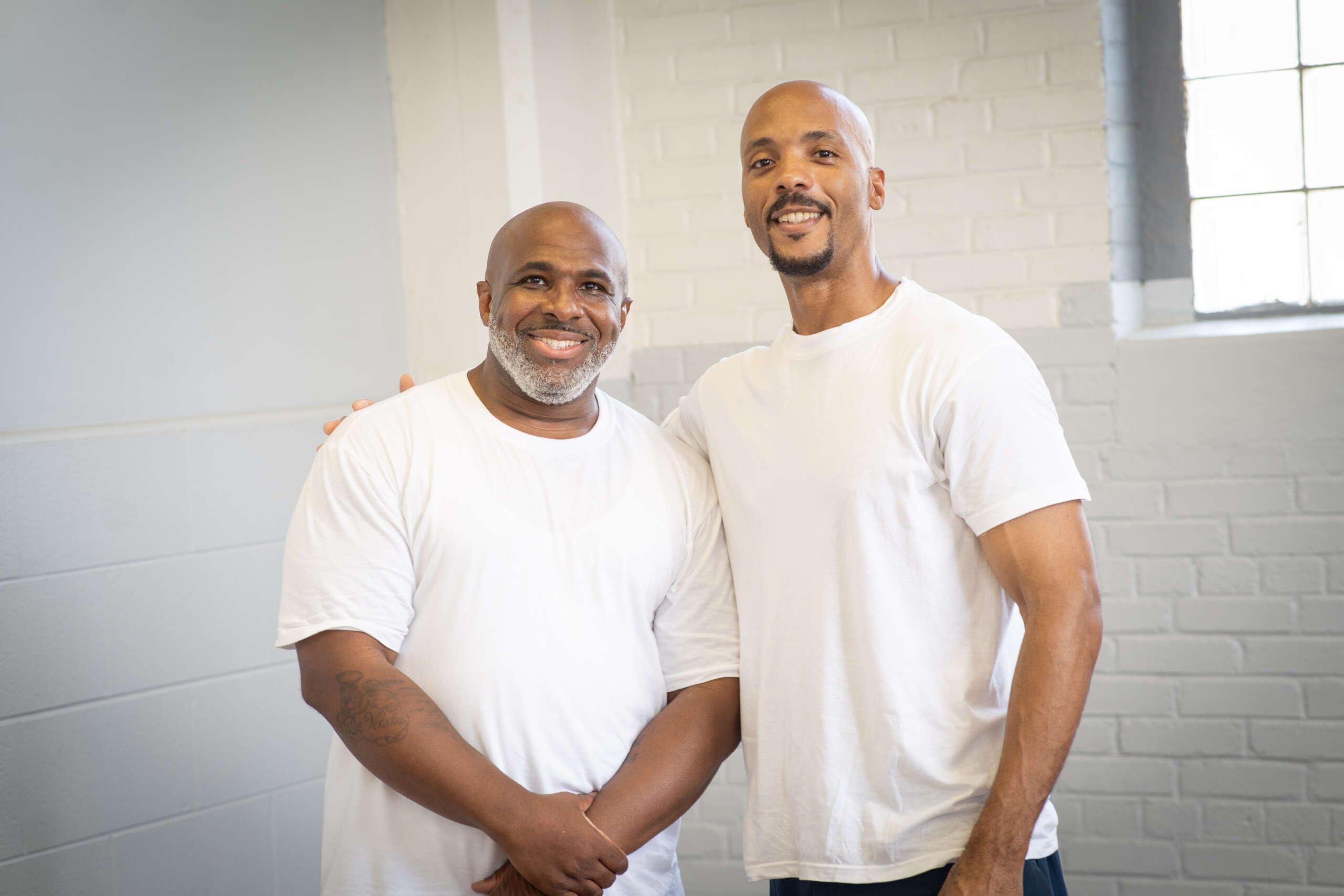Part of the series
The road to abolition
As I write this, I sit in a tiny, unventilated cell five stories high at the Stateville Correctional Center, a prison about 30 miles southwest of Chicago. It’s a dilapidated, 100-year-old prison that’s considered unfit for human habitation. When temperatures outside rise above 95 degrees, which has happened repeatedly this summer, the heat index in my cell rises to at least 110 degrees Fahrenheit.
Breathing is hard. I’m constantly sweating. It’s a struggle to stay hydrated. The water in the sink is probably contaminated with heavy metals, especially lead, as well as legionella. I’m forced to ration the bottled water I can afford from week to week. Every sip goes down hot and dry. I fight the urge to drink more. What should I do if I run out of water? The first day of summer was only two days ago. The thought of another four months of this makes me nervous, so I focus on being still. I feel like I’m in hell.
On June 19, approximately 72 hours before I began writing this article, my fellow prisoner Michael Broadway died in this hell, just two cells from mine. He was only 51, just eight years older than me. Last year he completed his bachelor’s degree at Northwestern University, published a book, and beat terminal prostate cancer, among other accomplishments. Who knows what else he could have accomplished if just a small amount of humanity had prompted our captors to respond to his cries for help with some sense of urgency?
Michael suffered from severe asthma. He had a doctor’s clearance requiring him to be placed in a lower gallery where it is not as hot and staff can respond more easily in case of an asthma attack. However, staff moved him to the ninth gallery where the stifling heat put his life in danger. On June 19, at 4:10 p.m., he shouted to a fellow prisoner that he could not breathe and then collapsed unconscious. We screamed and called at the top of our lungs for medical help, but staff ignored our pleas.
Finally, after at least 10 minutes, an officer came to Michael’s cell to see what was going on. When he saw Michael lying unconscious on the floor, he radioed his colleagues, and a few minutes later two more officers arrived. One of them radioed “Code 3” (medical emergency). Several more security officers arrived. They went into his cell and tried to wake him up, but their attempts were in vain.
More time passed, and eventually a nurse came to the cell, but instead of coming up to provide assistance, she radioed security and asked if they could take him down to her because it was too hot for her to go all the way up. After a few more minutes, security had to order the nurse to go upstairs to check on Michael. When she finally got to his cell and got no response from him, her only treatment was to inject him with Narcan, even though there were no signs that he had overdosed on opioids. In fact, fellow inmates told her he was asthmatic, but she gave him Narcan anyway, and more than once.
Eventually more nurses arrived. They spent a few precious minutes trying to figure out how to put him on the collapsible stretcher they had brought with them, which had broken straps, and carry him down five flights of stairs without dropping him. The prisoner in the next cell told them to open his door, took the sheet from his own mattress, and helped roll Michael onto it.
The dishwater is probably contaminated with heavy metals… I am forced to ration the purchase of whatever bottled water I can afford from week to week.
Then they all carried his body from the gallery and down the stairs. Michael was folded up like a sack of potatoes. As they carried him past my cell, I looked at his face and knew he was dead. His eyes were closed and his gaze was too peaceful to be in pain. When they finally took him out of the building, it was almost 5:00 p.m. I heard the sirens of an ambulance approaching and the image of his peaceful face hung in my mind’s eye, reminding me of my own mortality. This is what death by imprisonment looks like. No matter how oppressive the conditions in this hell, all you can do is endure… until you can’t anymore.
This morning I saw a story on CNN about Paul Whelan, a former U.S. Marine who was wrongfully held captive for 2,000 days in a remote Russian prison camp. The story focused heavily on the harsh conditions in the prison: bad food, unhealthy drinking water, no health care, poor ventilation, and unsanitary living conditions. Whelan criticized the president for not doing more to bring him home. The story was clearly intended to inspire sympathy and concern for Whelan and to put pressure on officials to do more to get him released. And they should.
I wondered, though, if anyone who saw this story knew that here in Illinois, in their own backyard, behind the walls of Stateville Prison, men were dying in the same conditions. Would they even believe it? Would they care? I thought to myself: If Michael Broadway’s life was as valuable to those in power as Paul Whelan’s, maybe he would still be alive. Maybe someone would hear our cries for help.
If only we were seen as human beings.
Note: The Illinois Department of Corrections has confirmed to multiple media outlets that Michael Broadway died in custody on June 19, but has repeatedly declined further comment because the investigation into his death is ongoing. Truth offered the Illinois Document of Corrections the opportunity to comment on the specific allegations made in this article, but did not receive a response by press time.
The countdown has begun: we have 10 days to raise $50,000
Truth has launched a necessary fundraising campaign to support our work. Can you support us now?
Every day, our team reports in depth on complex political issues: We expose abuses in our so-called justice system, track global attacks on human rights, unmask the money behind right-wing movements, and much more. Your tax-deductible donation is crucial in these times so that we can do this essential journalistic work.
As we face increasing political control and censorship due to our reporting, Truth is currently heavily reliant on individual donations. Please donate today if you can.




